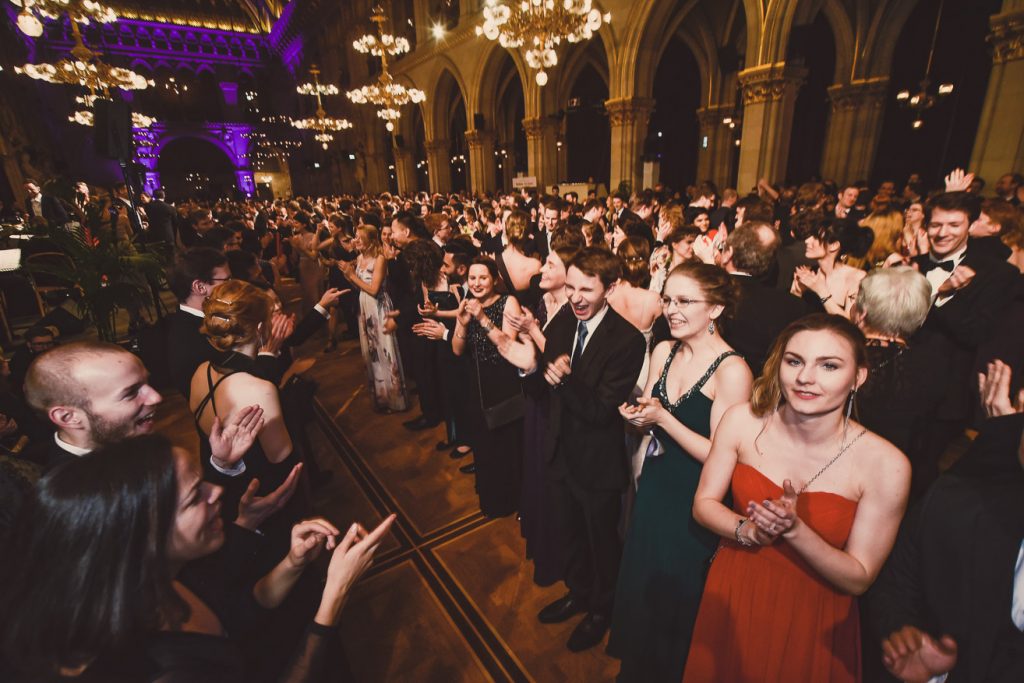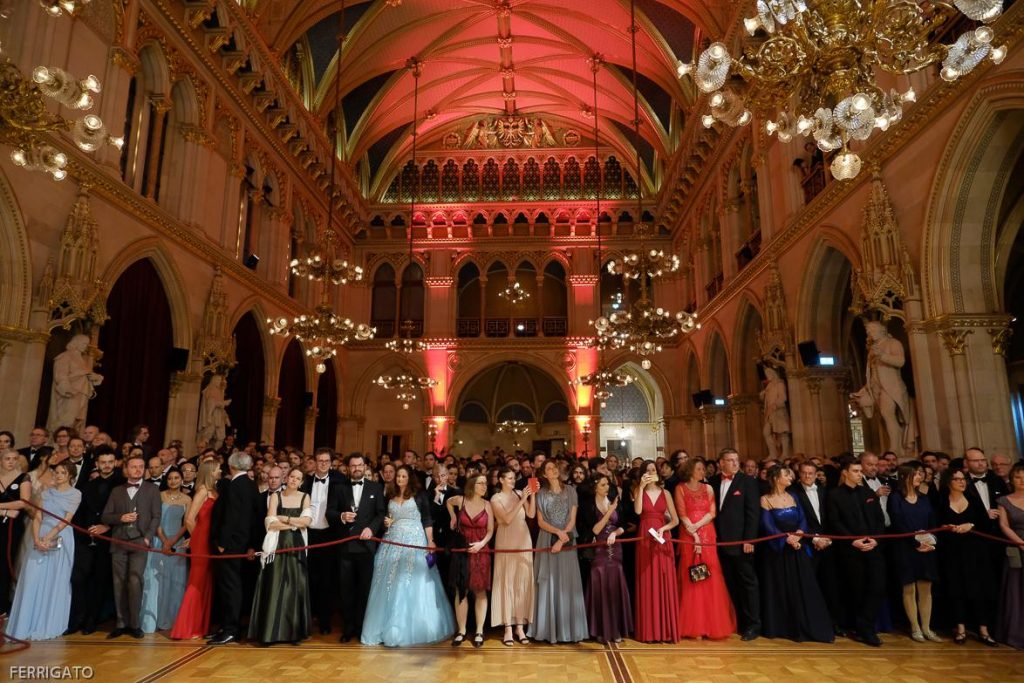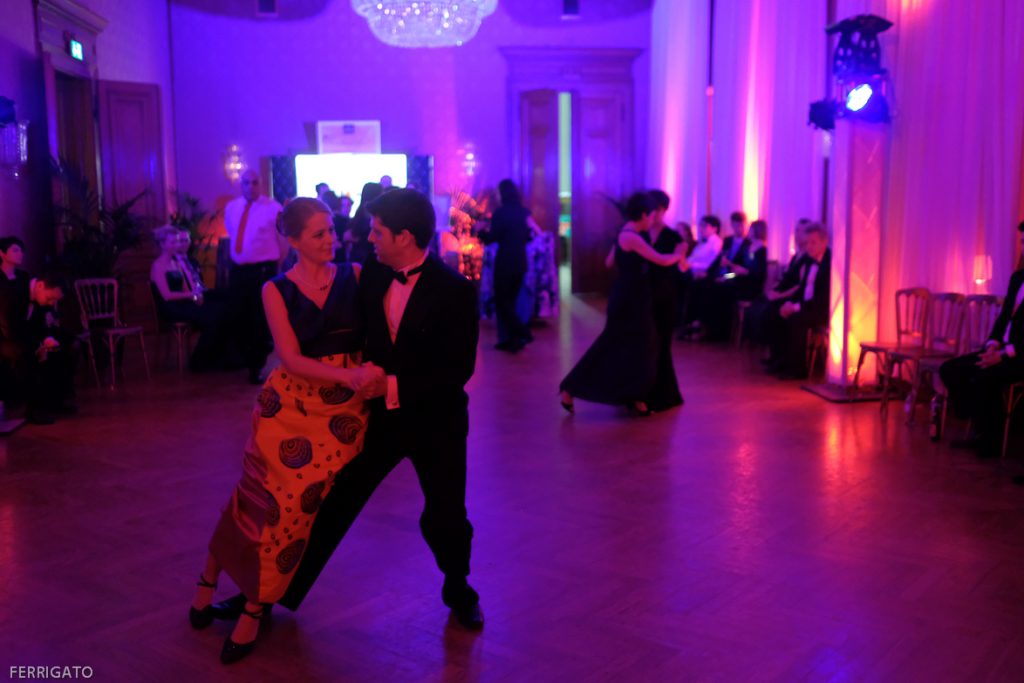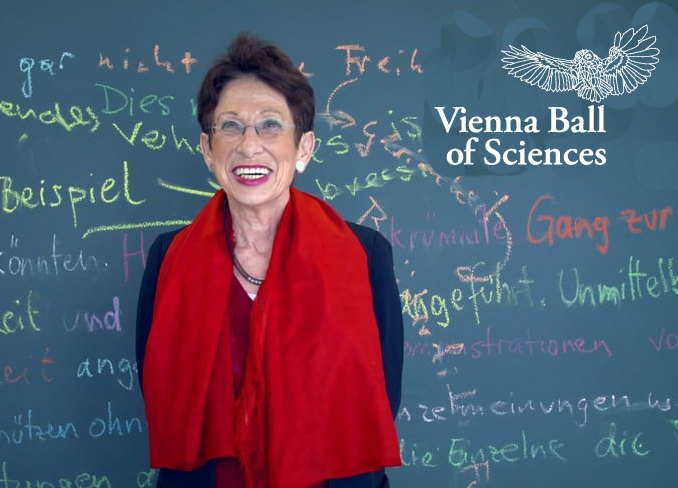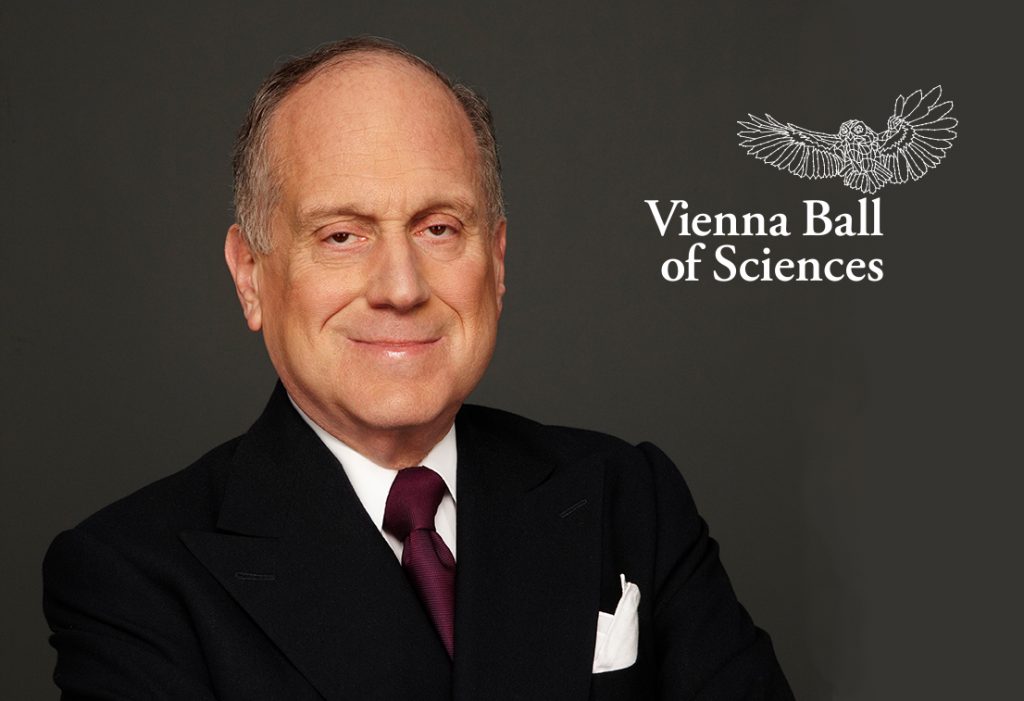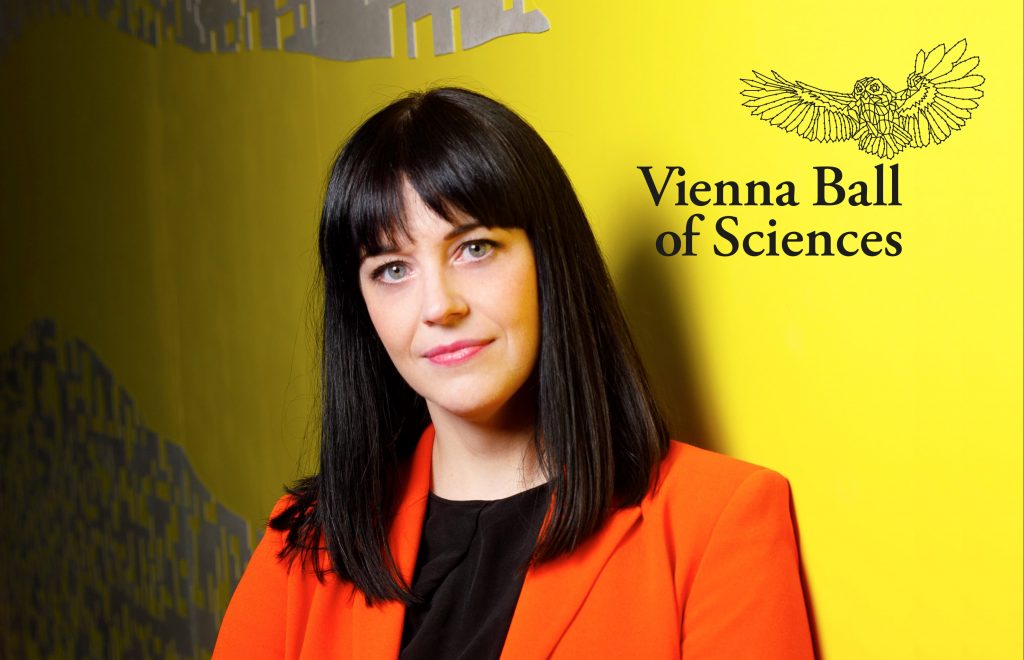
“An inherent feature of science is to ask questions leading to a better understanding of the world. However, the scientific system immediately has to be questioned regarding its accessibility for different individuals, since societies and academic institutions still lack homogenous access to education, opportunities and chances. Thus, science is depleted of diversity in terms of gender, ethnicity and ultimately and most importantly: mindsets. Continue reading Nicole Amberg: gender equality as driving force
